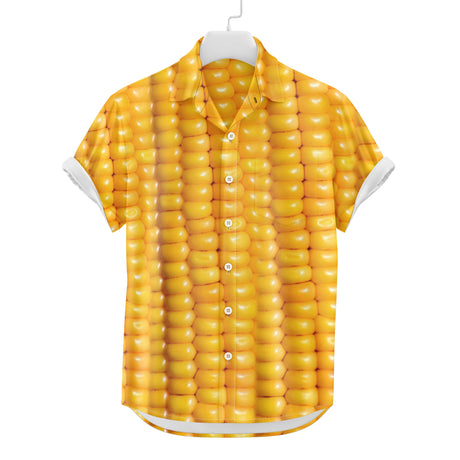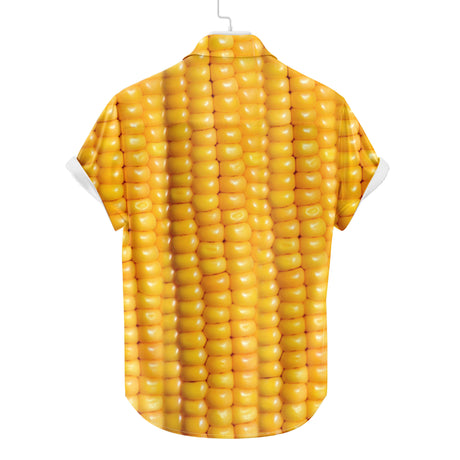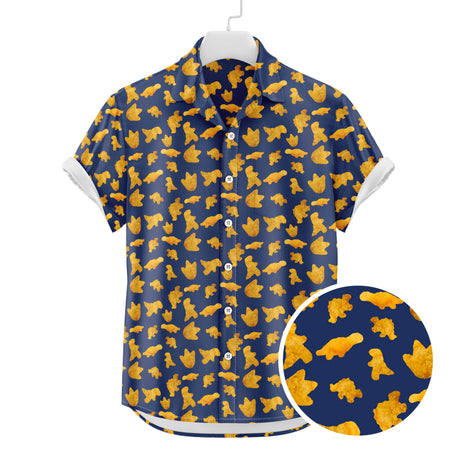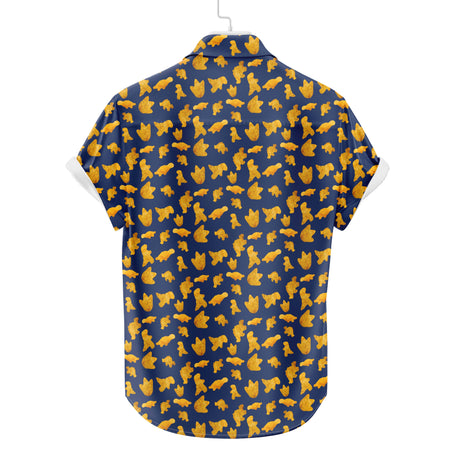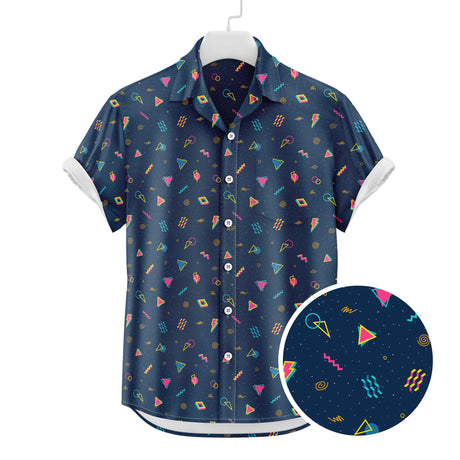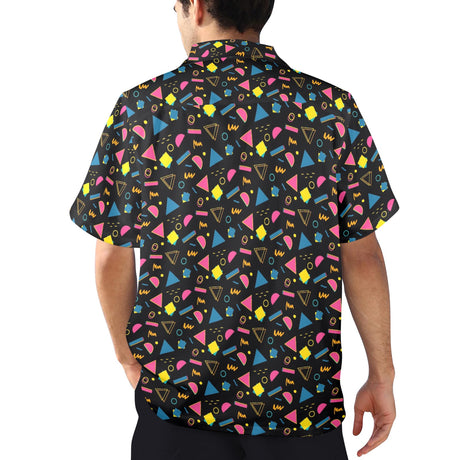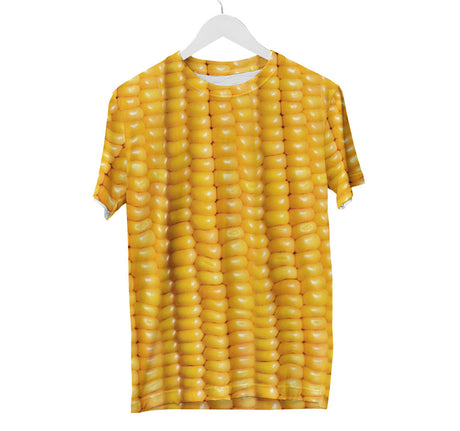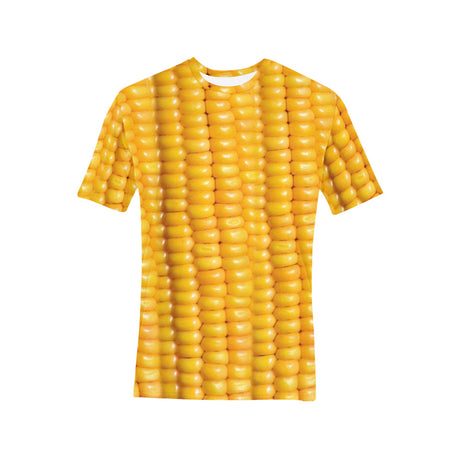Have you ever wondered what those slimy, hopping creatures are that you see near ponds and lakes? Well, my friend, those are none other than frogs! In this blog post, we will dive into the fascinating world of frogs and uncover their secrets. Get ready for a ribbiting adventure!
What Makes a Frog a Frog?
Before we leap into the details, let's understand what exactly a frog is. In simple words, a frog is an amphibian, which means it can live both in water and on land. These little jumpers have unique features that set them apart from other creatures.
From Tadpole to Frog: The Transformation
Did you know that frogs undergo a remarkable transformation during their life cycle? It's like a real-life magical metamorphosis! It all starts with eggs laid in water, which hatch into tadpoles. These tadpoles have gills and tails, just like fish. But here comes the exciting part – they eventually grow legs, lose their tails, and develop lungs to breathe air. Voila! They become full-fledged frogs.
The Froggy Lifestyle: Where Do They Live?
Frogs are quite the adventurers when it comes to their habitat. You can find them in various environments, from lush rainforests to dry deserts. Some frogs even call trees their home, while others prefer to hang out near water bodies. They are truly adaptable creatures!
What Do Frogs Eat?
Now, let's talk about the froggy diet. These little gourmands have quite an appetite! They are carnivores and enjoy feasting on insects, spiders, worms, and even small fish. Talk about having a diverse palate! So, the next time you see a frog, remember that it's a skilled hunter.
Why Do Frogs Croak?
Have you ever heard the distinctive sound of a frog croaking at night? It's like a mini concert in the wilderness! Frogs croak for various reasons – to attract mates, establish territory, and communicate with other frogs. Each species has its own unique croak, so it's like they have their own froggy language.
Frogs: Nature's Pest Control
Did you know that frogs play an essential role in maintaining the balance of ecosystems? They act as natural pest control by munching on pesky insects that can harm crops and spread diseases. So, next time you see a frog, give it a little applause for its hard work!
In Conclusion
Now that you know what a frog is, their incredible transformation, diverse habitats, and important role in nature, you can appreciate these little amphibians even more. So, the next time you encounter a frog, remember to greet it with a friendly "ribbit" and share your newfound knowledge about these fascinating creatures!

